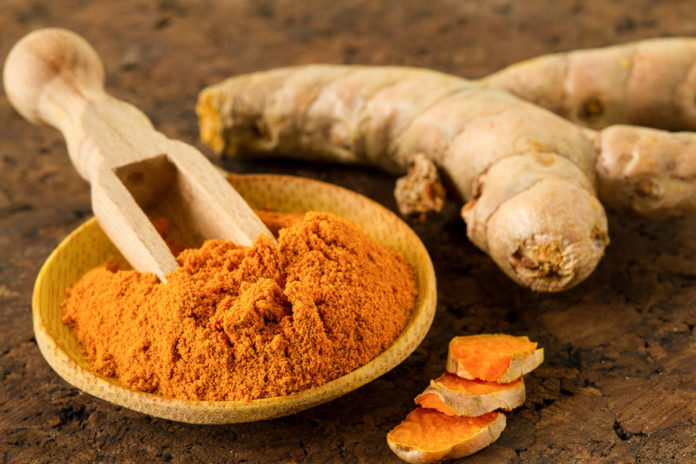Turmeric can stop colon cancer growth
Turmeric’s active ingredient curcumin blocks the activity of a gastrointestinal hormone implicated in the development of colorectal cancer, report researchers in the current issue of the journal Clinical Cancer Research. The spice which has been used as an antiseptic in Indian traditional medicine for centuries, has been shown to protect the liver, inhibit cancerous tumours, and fight infections because of its antioxidant and anti-inflammatory properties.
The New England Journal of Medicine reports that India has among the lowest rates of colon cancer – some studies put it as low as one-eight of the Western prevalence – and scientists say it is because of the high turmeric and dietary fibre intake.

Scientists have discovered that curcumin blocks the activity of neurotensin, a gastrointestinal hormone which is generated in response to fat consumption. Neurotensin has been linked with the development of a variety of human cancer cells, including colorectal and pancreatic tumour cells.
Neurotensin’s influence, they found, depends on biochemical signalling pathways inside the cell. Their experiment showed that curcumin damped down those signals, reducing risk of cancer. Experiments also showed that neurotensin increased the migration of colorectal cancer cells, and that curcumin could suppress this migration – possibly reducing the ability of colorectal cancer to spread to other locations in the body.
“Our findings suggest that curcumin may be useful for colon cancer treatment, as well as potential colon cancer suppression, in cells that respond to this gastrointestinal hormone, neurotensin,” said Professor B. Mark Evers, senior Scientest.






















